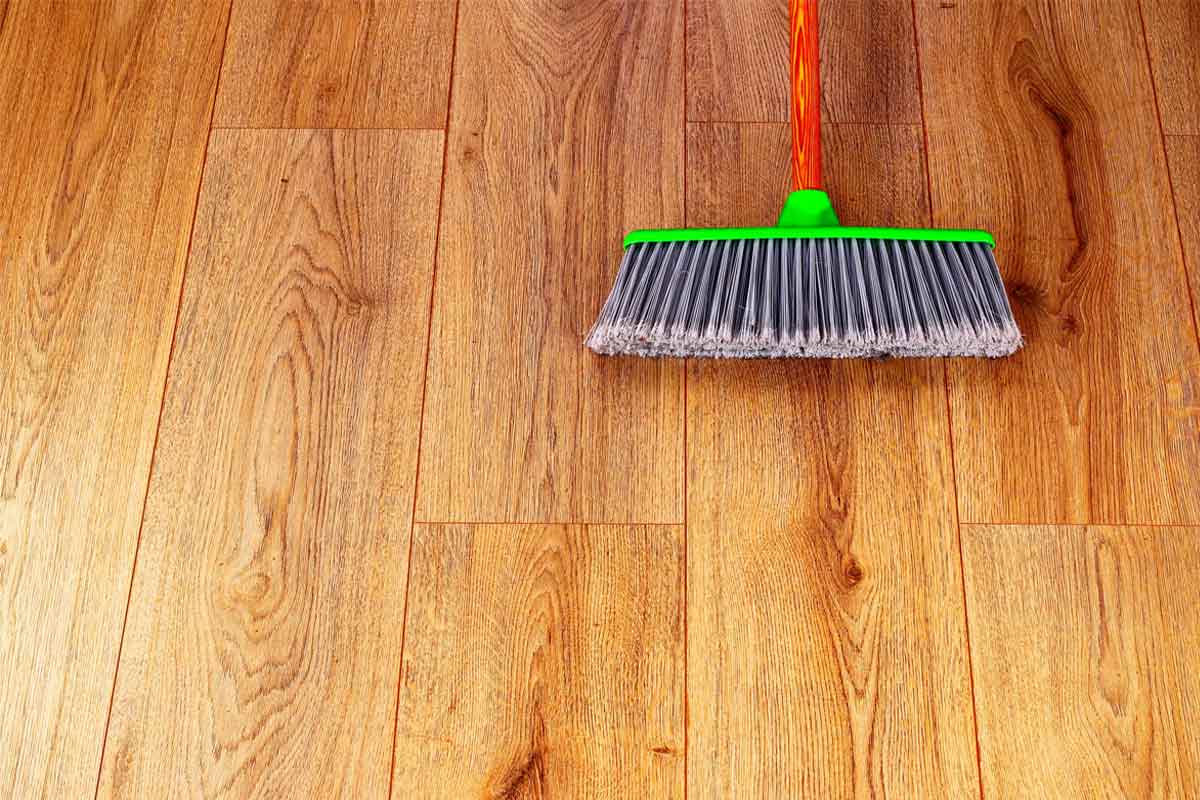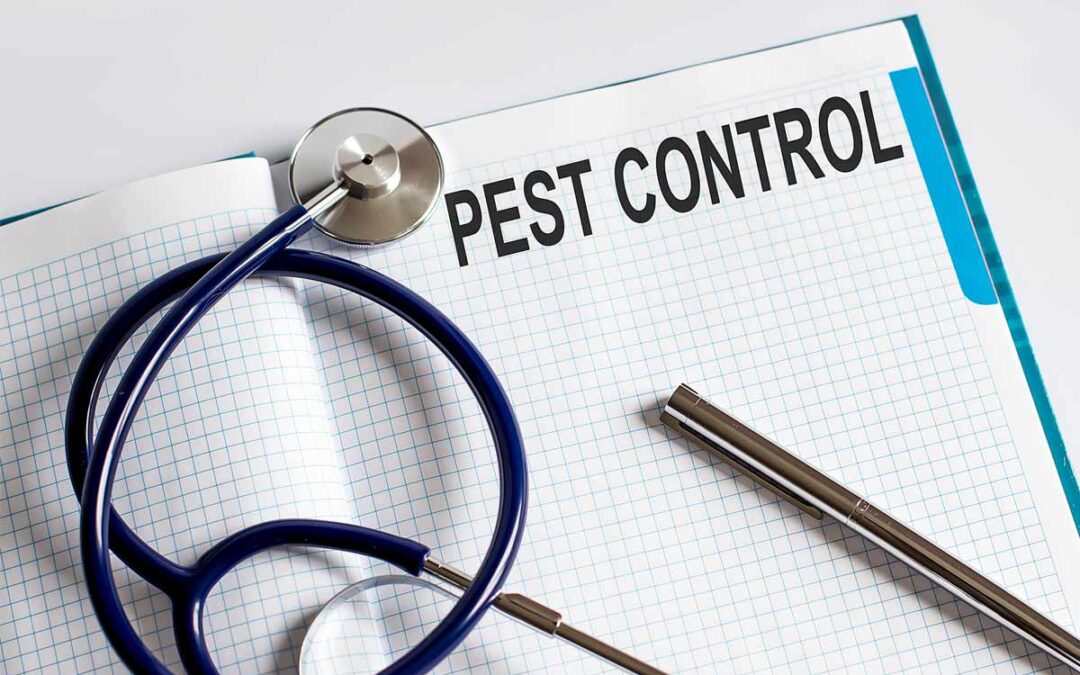Basements are prone to pest infestations due to their dark, damp, and often cluttered nature. From rodents and spiders to cockroaches and centipedes, unwanted guests can quickly turn your basement into a breeding ground.
Taking proactive measures can keep these pests at bay and ensure your basement remains clean and pest-free. According to a study, IPM combines preventative and curative pest management techniques to provide effective, economical, and environmentally friendly pest control (Carroll, 2022).
Implementing these strategies in your basement can significantly reduce pest issues and promote a healthier living environment. Here’s what you need to do.
-
Seal Entry Points
Pests enter basements through cracks, gaps, and openings in walls, floors, and windows.
- Inspect your basement thoroughly for any holes or crevices, especially around utility pipes and vents.
- Use caulk, steel wool, or weatherstripping to seal gaps and prevent rodents and insects from sneaking in.
- Properly fit the window screens and door sweeps to add an extra layer of protection.
- For larger openings, consider using expanding foam insulation to block entry points.
- Pay attention to the basement ceiling, as pests like mice can squeeze through tiny openings near pipes and electrical wiring.
- If you have a basement door leading outside, check for gaps at the bottom and install a door sweep if needed.
-
Control Moisture Levels
Excess moisture creates an ideal environment for pests like silverfish, cockroaches, and termites.
- Use a dehumidifier to maintain optimal humidity levels and fix leaks in pipes, walls, or ceilings promptly.
- Ensure proper ventilation to prevent condensation buildup.
- If your basement has a sump pump, check that it functions correctly to avoid standing water that attracts pests.
- Consider installing a vapour barrier to reduce moisture buildup in crawl spaces.
- Clean and unclog basement drains regularly to prevent stagnant water, which serves as a breeding ground for insects.
- Monitor humidity levels with a hygrometer to help you maintain an environment that is less inviting to pests.
-
Store Items Properly
Cluttered basements provide pests with hiding spots and nesting areas.
- Store items in airtight plastic bins instead of cardboard boxes, which attract rodents and insects.
- Keep storage areas organized and elevate belongings off the ground.
- Inspect stored items regularly to prevent infestations from going unnoticed.
- Avoid piling firewood, newspapers, or unused furniture in basement corners, as these can become ideal hiding spots for pests.
- Use shelving units to keep items off the floor and maintain airflow.
- Rotate stored items occasionally to check for signs of pest activity.
-
Keep the Basement Clean

A clean basement is less inviting to pests.
- Sweep and vacuum regularly to remove crumbs, dust, and debris that can attract insects.
- Dispose of garbage promptly and use sealed trash bins.
- If your basement has a laundry area, clean lint traps and avoid leaving damp clothes or towels lying around.
- Create a cleaning schedule that includes dusting shelves, wiping down storage bins, and mopping floors.
- Use disinfectant sprays to eliminate food residues and pest-attracting odours.
- If you store holiday decorations or seasonal clothing, inspect them before bringing them into the main living space.
-
Eliminate Food Sources
Many pests are drawn to food remnants and organic material.
- Avoid storing pet food, birdseed, or pantry items in the basement unless they are in sealed containers.
- If your basement includes a mini fridge or snack area, clean up spills immediately and keep food tightly sealed. Even small crumbs can attract ants and rodents.
- Regularly check for expired or forgotten food items that could attract pests.
- If you keep pet food in the basement, use airtight containers instead of leaving bags open.
- Remove any spilled food or drink residues promptly to prevent infestations.
-
Use Pest Deterrents
Natural repellents like peppermint oil, cedarwood, and diatomaceous earth can help deter pests without using harmful chemicals.
- Place traps and baits strategically if you notice signs of infestation. However, avoid over-relying on pesticides, as they can pose health risks if not used correctly.
- Consider placing bay leaves, cloves, or citrus peels in storage areas to deter pests naturally. Ultrasonic pest repellents are another option, although their effectiveness varies.
- If using chemical solutions, opt for eco-friendly and non-toxic options that won’t harm children or pets.
-
Inspect and Maintain the Foundation
Cracks in your foundation or walls provide easy access for pests.
- Check for structural damage regularly and repair any cracks with concrete filler or sealant. Addressing foundation issues early can prevent long-term pest problems and improve the overall stability of your home.
- Keep vegetation and mulch at least a few inches away from your basement walls, as they can create hiding spots for pests.
- If you notice signs of water damage near the foundation, it could indicate a moisture problem that needs to be addressed to prevent attracting insects.
-
Check for Signs of Infestation
Even with preventive measures, pests may still find their way inside.
- Look for droppings, gnaw marks, shed skins, or unusual odours that indicate pest activity.
- Listen for scratching noises at night, which may signal rodent activity.
- Check window sills, corners, and behind stored items for signs of spiders, cockroaches, or mice. Use a flashlight to inspect dark, undisturbed areas.
- If you notice small piles of sawdust, it could indicate termite or carpenter ant activity, which requires immediate attention.
-
Schedule Regular Pest Inspections

Professional inspections can identify potential vulnerabilities before they become major issues. Pest control experts can assess risk factors and recommend tailored solutions to keep your basement pest-free. Scheduling routine inspections, especially if you’ve had past infestations, ensures long-term protection.
If you live in an area prone to pests like termites or rodents, consider setting up an annual pest control plan. Professionals can apply preventative treatments, seal off entry points, and monitor for early signs of infestation, saving you from costly repairs down the line. Homeowners looking for pest control in Midland can benefit from expert services that address specific local pest challenges.
Keep Your Basement Pest-Free for Good
Keeping pests out of your basement requires a combination of sealing entry points, controlling moisture, maintaining cleanliness, and using natural deterrents. By staying proactive and addressing issues promptly, you can prevent infestations and create a healthier living space for your household.
Regular maintenance and periodic inspections will help ensure your basement remains pest-free. If you suspect a serious pest problem, professional assistance may be necessary to eliminate the issue effectively.
For expert pest control in Collingwood and surrounding areas, trust the professionals at Mr. Pest Control. We offer 24/7 service to handle infestations quickly and efficiently. Call (705) 739-7378 today for reliable, effective pest management solutions.



